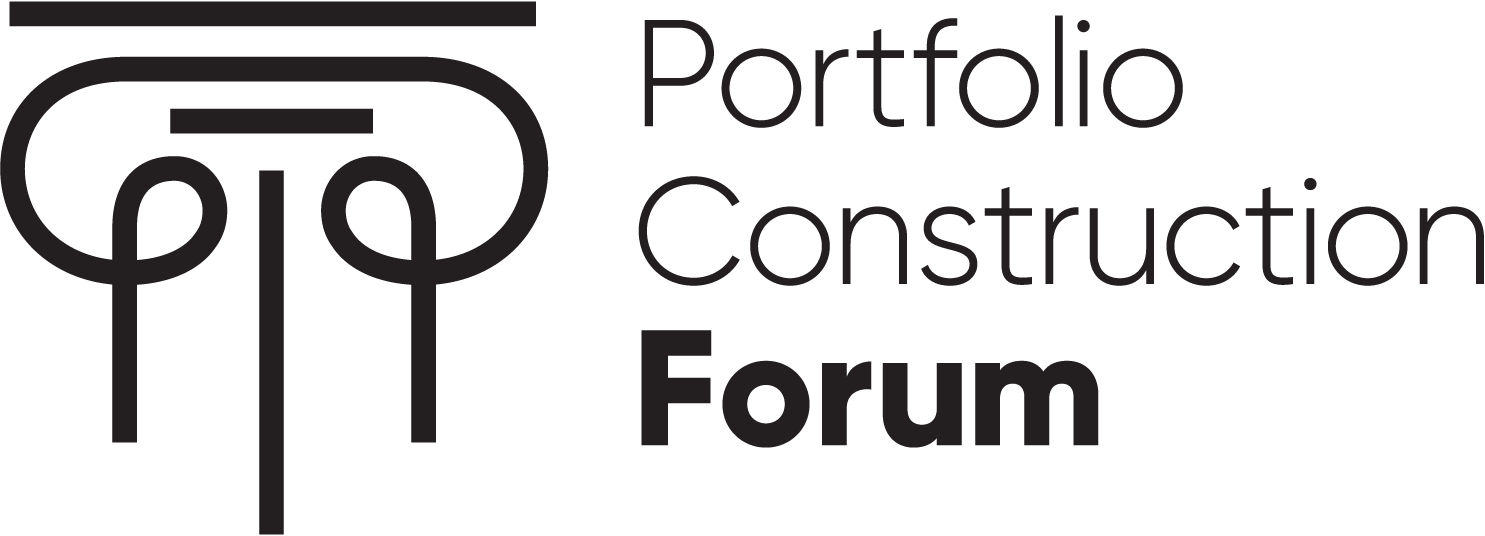|
What kind of leaders will take the helm in China? |
|
Linda Jakobson | Lowy Institute for International Policy | 07 July 2012
Everyone would like to know more about China's impending new leaders; not just Chinese citizens but people across the globe. Decisions made by the new leaders will affect people worldwide, primarily because the health of the Chinese economy affects the global economy, but also because China is no longer merely an economic power. It is also a major political and military power. Its actions impact just about every aspect of what is commonly thought of as protecting global public goods - in other words, reducing greenhouse gas emissions, protecting freedom of navigation on the oceans, fighting terrorism, combating the spread of drugs and weapons, etc. An uncomfortable truth that people - especially those in parliamentary democracies like Australia - do not want to think about is that our prosperity is today dependent on the (hopefully wise) decisions made by leaders of the Communist Party of China (CPC). We say that we are reliant on trade with China, or that China's continued economic growth is crucial to the world economy. But we do not go as far as to say that our well-being hinges on the skills and foresight of a group of men who make decisions secretly and who are not accountable to anyone really, except possibly each other. And, to add insult to injury, these men at least publicly claim to uphold the principles of Marxism and Mao Zedong Thought. An equally awkward truth is how little we know about the men who will take the helm in China. For all the dramatic changes in China over the past three decades which have led to stunning economic growth and a more open society, both the views of the leaders at the pinnacle of power and the processes by which they reach their positions remain obscure. We still do not even know the exact dates of the next CPC Party Congress that will conclude with the new leadership walking onto the podium to the applause of some 2,200 Party delegates. Presumably this meeting will be held in late October or November. What we do know, barring the unlikely event of a horrific crisis, is that China's top leader will be Mr Xi Jinping and his right-hand man will be Dr Li Keqiang. Xi will be appointed head of the CPC and head of the all-powerful Politburo Standing Committee later this year and he will become President of the People's Republic of China (PRC) in March 2013 at the annual meeting of the National People's Congress, China's parliament. Li will presumably become the second-ranked member on the Standing Committee and become Premier of the PRC in 2013. Xi, who turns 60 next year, studied chemical engineering as an undergraduate. Li Keqiang, who has a doctorate in economics, turns 57 next year. Both Xi and Li have been specifically groomed for the top leadership positions for the past five years. As CCP Standing Committee Party members and in the roles of Vice-President (Xi) and Vice-Premier (Li), they both have considerable experience. But who in addition to Xi and Li will be on the Politburo Standing Committee is not known with any degree of certainty. We do not even know for sure that will it be a nine-member committee as is the case at present, or if membership will be reduced to seven, in order to make decision-making more effective (or because the present nine members cannot agree who should be the eighth and ninth members, as is also plausible). However, because of term limits and age limits, we know that besides the existing members Xi and Hu, nearly all of the remaining Standing Committee members will be new. Xi as a person is certainly different from Hu Jintao, China's current top leader, who is known for his cardboard-like stiff public persona. People who have spent time with Xi tell me he is 'comfortable in his own skin'. He communicates easily with people and, together with his famous singer wife, will be an entirely different 'first couple' than China has ever had before.
It could. Party Congresses have previously marked, broadly speaking, the start of a new direction in Chinese economic policies. Twenty years ago, following the 1992 Party Congress, Jiang Zemin (President and Party General Secretary) and in particular, Zhu Rongji (Premier), pushed forward a wave of liberalisation that led to China's entry into the World Trade Organization in 2001. Jiang Zemin was known for his pro-business stance, and paved the way for private ownership of property, business and wealth to finally (in 2004) be protected by the Constitution. Ten years ago, after the 2002 Party Congress, the new leaders Hu Jintao and Wen Jiabao made 'inclusive growth' a policy goal. This led to a reduction in the number of levies imposed on the rural residents, an expansion of social welfare programs, and more support for state-owned enterprises. Based on the different life experiences of the next leadership in comparison with the present one, as well as because of the differences in the challenges facing China today compared with ten years ago, it is possible that Xi and Li will be more committed to free-market principles. Many interest groups in China - some of which are vital for the Communist Party to be able to wield power - advocate that the new leaders muster the political will to rein in the the dominant state sector and push harder to genuinely foster innovation. The problems in China's current economic model are widely understood among top officials in China. Moreover, various policy solutions have been identified and thoroughly researched. China must reduce the dominance of state enterprises, lower barriers of entry to the private sector, free up markets for land, labor and capital, and strengthen the fiscal system. These were the recommendations made by a report (China 2030) issued jointly in February this year by the World Bank and China's Development Research Center, an influential institution under the State Council. Li Keqiang was closely involved in the work of this report and is said to support these recommendations. Xi Jinping, in turn, is known to have endorsed policies that supported the private sector in his two previous posts as head of two provinces with rapid economic growth, Fujian and Zhejiang. On the basis of term limits and age limits, we know approximately who the likely 20 candidates are for the remaining slots on the Politburo Standing Commitee. All of them will be relatively unknown outside China, with the exception of one or two. Wang Yang, the current Party Secretary of Guangdong, is one such exception, if he is appointed. Wang Yang made headlines at home and abroad earlier this year when he personally intervened and consequently managed to defuse a tense standoff over the illegal confiscation of land between villagers and the village authorities in a place called Wukan. He also visited Australia in June 2012. Wang would probably not have direct responsibility for economic decisions, but his support of economic reforms in Guangdong suggests that if he is appointed he could be counted on to endorse more liberal economic policies when the economy is debated in the Standing Committee. He reportedly relied on a mixture of policies to propel local exporters to move into higher-value-added products. These policies included tolerating labor unrest and enforcing environmental standards despite opposition from manufacturers. The current vice premier, Wang Qishan, is another strong candidate who is relatively familiar to economists and policy-makers abroad. He is known to be an effective technocrat and troubleshooter. His present portfolio includes finance and trade and he is considered to be a supporter of pro-market policies and is supposedly close to central bank governor Zhou Xiaochuan. In sum, there is reason for modest optimism that China's new leaders will embark in a new direction to transform growth to be more driven by the markets – i.e. consumers and the private sector. Unfortunately, this optimism comes with a few caveats.
Xi's and Li's long experience in policy-making is naturally a huge plus. But (caveat #1), the downside for those wishing for major policy changes is that as members of the present Politburo Standing Committee, they will have been part of the consensus-driven decision-making process. In other words, they have approved of and endorsed the current polices. So don't expect dramatic turnarounds. Moreover (caveat #2), in the past, new leaders have waited until the 'Third Plenum' of the Central Committee, which is held about one year after the Congress at which they were anointed, to announce a new agenda.
As for the third and indeed very significant caveat, modest optimism for
the prospect of genuine economic re-structuring is contingent upon
political stability. The past six months in China have been politically
turbulent, to say the least. I'll discuss how this will effect the
incoming leadership in my next thought piece. |
|
Linda Jakobson is East Asia Program Director at the Lowy Institute for International Policy. Before moving to Sydney in April 2011 she lived and worked in China for 20 years. She was the highest rated keynote speaker at the 2011 PortfolioConstruction Forum Conference and is a keynote speaker at the 2012 Conference program. See Linda at the 2012 PortfolioConstruction Forum Conference >
|
|
|

